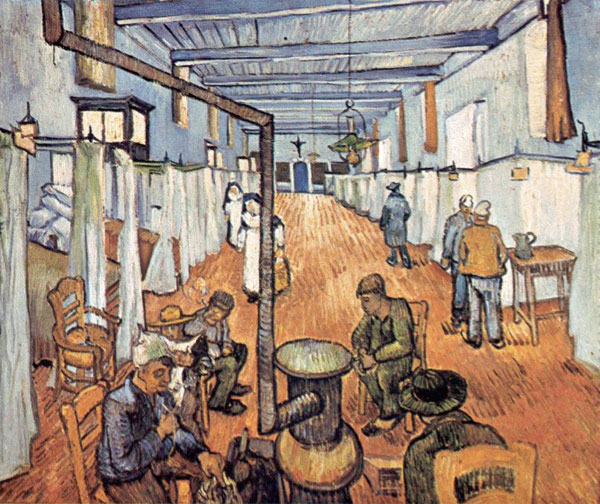Risk factors that increase morbi-mortality in gastrointestinal bleeding
Abstract
- Gastrointestinal bleeding (UGB) is a common medical-surgical emergency with high morbidity and mortality, and represents the main emergency in gastroenterology. Nursing care, like all functions based on interpersonal relationships and the technical-scientific domain oriented towards understanding each other in the environment in which it operates, is has an important role in prevention, cure and rehabilitation of the person in the health-disease process. The present study aims to identify risk factors that increase morbidity along with the treatments used and to document nursing care. We performed a retrospective study with case-control design at the Hospital General Calixto Garcia in the period September 2004 to 2008. Simple random sampling led to 150 cases - 100 for cases and 50 for controls. Risk factors associated with morbidity are: larger loss of blood volume corresponds to the total of 75 male patients, for 78.6%, a history of alcohol intake, for 50% followed by the consumption of a non-steroidal anti-inflammatories 33.3%, history of peptic ulcer 32%, followed by diabetes mellitus, and hypertension with 26.6% and 23.3%, respectively. This was clinically manifested as hematemesis, melena in 42.6% and 33.3% for hematemesis alone.In terms of endoscopic results, endoscopic gastric erosive gastritis, 49.3% and 24.6% were the most appreciated. The medical and endoscopic treatment were the most used, showing a mortality of 2.6%. Nursing care is of vital importance for the management of these patients. Nursing assessment is based on patient observation, questioning and identification of hemodynamic effects. Action is to be quick and efficient, without haste, and depending on the patient's condition will establish the nursing care priorities. We conclude that erosive gastritis and clinical manifestation of hematemesis with melena are factors that increase morbidity and mortality. The reduction in mortality of 2.6% is attributed to improvement of endoscopic therapy and timely surgical indications and nursing intervention.Downloads
-
Abstract1985
-
PDF (Español (España))755
The works published in this magazine are subject to the following terms:
1. The Publications Service of the University of Murcia (the publisher) preserves the copyright of the published works, and encourages and allows the reuse of the works under the license for use stated in point 2.
© Servicio de Publicaciones, Universidad de Murcia, 2011 (© Publications Service, University of Murcia, 2011)
2. The works are published in the electronic edition of the journal under Creative Commons Reconocimiento-NoComercial-SinObraDerivada 3.0 España(texto legal) “ a Attribution-NonCommercial-NoDerivatives 3.0 Spain license (legal text)”. They can be copied, used, broadcasted, transmitted and publicly displayed, provided that: i) the authorship and original source of their publication (journal, publisher and URL) are cited; (ii) are not used for commercial purposes; iii) the existence and specifications of this license is mentioned.
3. Conditions of self-archiving. Authors are allowed and encouraged to electronically disseminate the pre-print (pre-reviewed ) and / or post-print (reviewed and accepted for publication) versions of their works prior to publication, as it ensures a wider circulation and dissemination which may lead to a possible increase in its mention and a higher scope among the academic community. RoMEO color: green.













